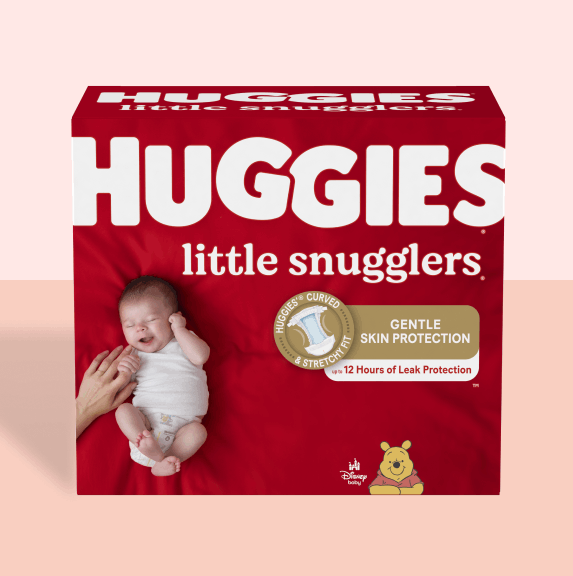Week 10
Caring for your baby is time-consuming and takes an incredible amount of energy as you repeat the same activities day to day, such as diapering, bathing and nursing.
Newborn babies are wonderful, but they’re also very vulnerable and dependent on you. Remind yourself, your care now builds a solid foundation baby can learn from as they mature and begin to do things independently.
Try not to underestimate the importance of what you are doing. Although it may not be apparent just now, your hard work will pay off.
No one told me I’d feel like this!
Be honest with yourself, your partner and like-minded friends about how you feel. Parent groups or playgroups can yield sympathetic friends in the same circumstance. Ask parents with older children how they coped with the exhaustion of caring for a newborn.
You’re not the only new parent who has ever felt this way.
Be proud of the care you’re providing each day; this is exhausting work on top of what is likely an already full life for you and your growing family. Many parents feel exactly like you do in these earliest weeks. It will get better.
Feeding
If you feel uncomfortable breastfeeding in public, try to find a quiet location near your destination where you can nurse with a nursing cover, or in the safety and comfort of your car, especially if it’s a hot summer day!
It's normal for babies to fidget and fuss during feeds. Breastfeeding grows with you and your baby as a progressive set of skills. If you struggle with specific aspects of breastfeeding, call the “warm line” available at the hospital where you gave birth, or ask a Le Leche League consultant in your city or town for advice.
Sleep
Notice your baby’s activities and habits: Do they fall back asleep right after their first morning feed? Or do they stay away, preferring to nap after a morning walk and some play time?
Afternoons may find you pushing the stroller through a park or around the neighborhood; try nursing your baby before the walk so that they’re more inclined to rest after feeding.
And then, just when you think you’ve got a certain routine, baby’s sleep changes again. In fact, it will change throughout their developmental years.
As parents, we can try to have predictable patterns in our lives, but this is not always possible—especially with a newborn! Give yourself permission to be flexible as you go about your daily routines.
Through the weeks ahead it will get easier and easier to fit baby into your routines. And then, before you know it, they’re crawling and then walking, and everything changes again!
Each day is unlikely to be the same as the one before. Take comfort in the fact that your overall care day after day is what counts.
What Baby Can Do at 10 Weeks
Around this time, you can expect to hear more sounds, cooing and baby may even start to blow raspberries! It’s around this time baby’s salivary glands seem to kick into overdrive, but it’s not teething. That won’t happen until around 4-6 months.
Try not to compare baby too much to other infants their age—your child is an individual and will do things on their own timeline.
Crying
There’s the “tired and sleepy” cry, the “I’m still awake cry,” and the “Feed me now!” crying. Sometimes crying is just baby’s way of getting your attention or to gain a reassuring cuddle and caress.
Some parents say they can tell what baby’s communicating just by their different cries. Others listen to the pitch and intensity of the cry and the feelings this generates in themselves. Crying is baby’s way of saying they need you: for food, for comfort, for companionship.
When baby is crying and you’re unsure why, take a moment to run through a mental checklist: clean clothes, new diaper, recent feeding, etc., and if all is well, you may simply need to be present or provide a reassuring touch to soothe baby’s tears.
Babies at this age can’t modify or change their behavior as a result of how their parents care for them. They are simply too young, and their brain is still developing and not ready for this type of logic or thinking.
Crying is baby’s only means of communication until they can talk and describe what is wrong. Until then, trust your inner voice and urge to provide care as you learn what baby is trying to convey.
Routine
Follow your baby’s cues or signals to let you know they are hungry. Baby may root around at your breast wanting to nurse or they may put their fists in their mouth as if they’re trying to suck on them. These are signs baby is ready to feed. If baby can’t seem to get settled, try a quick nursing or bottle-feeding session to see if they’re trying to tell you they’re hungry.
Just as you look for your baby’s cues that they are hungry, be just as sensitive and alert to the signs that they are full. If baby stops nursing, turns away from the nipple or teat, fusses when you lay them down or getting sleep, it’s likely they’re satisfied.
Healthy, well-fed babies are able to tell when they are full and don’t want any more milk. As parents it is important that we listen to them.
What You Can Expect
However, if you are feeling very anxious and unable to cope with each day, this may be a sign you could be experiencing something called the “baby blues” to full on postpartum depression.
In the U.S., 4 out of 5 postpartum women report experiencing the “baby blues” and 1 in 7 women may go on to develop postpartum depression in the first 12 months after giving birth.
If you feel you could be depressed or are not enjoying your baby as much as you could be, speak with your healthcare provider or the nurse at your baby’s pediatric provider.
Organizations such as Postpartum Support International have online support groups, community groups and counselors in communities throughout the U.S. and available online at https://www.postpartum.net/. You can also call their hotline any time of day at 800-944-4773.
The information of this article has been reviewed by nursing experts of the Association of Women’s Health, Obstetric, & Neonatal Nurses (AWHONN).
The content should not substitute medical advice from your personal healthcare provider. Please consult your healthcare provider for recommendations/diagnosis or treatment. For more advice from AWHONN nurses, visit Healthy Mom&Baby at health4mom.org.









